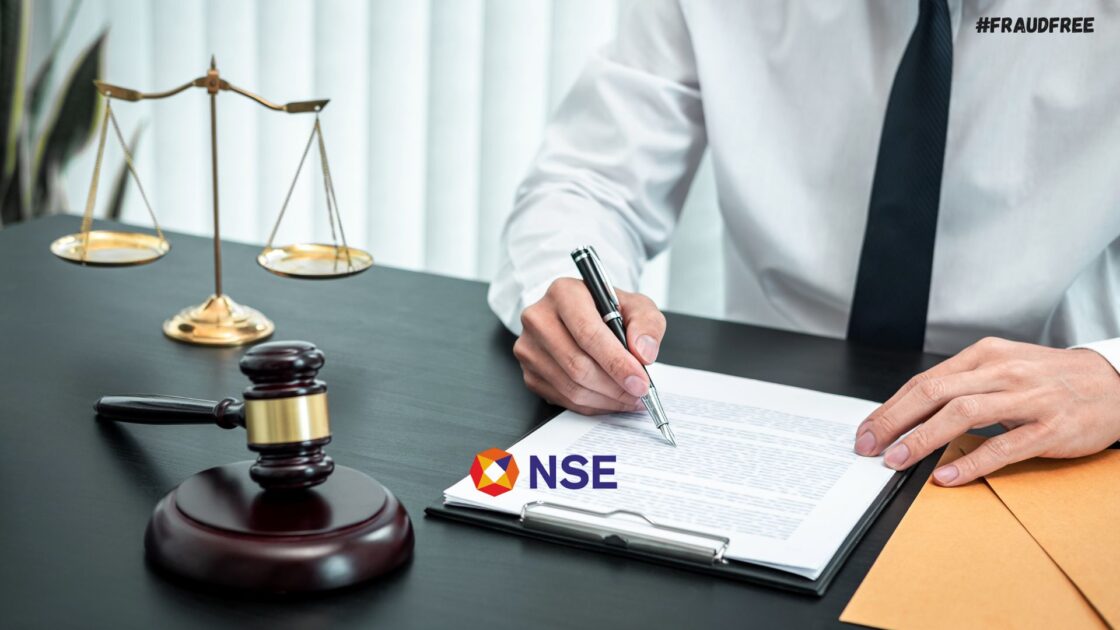The Indian stock market is vast & complex involving multiple bodies and transactions among them. Although there are regulatory bodies like SEBI & stock exchanges, to ensure fair practices, but still there are multiple disputes & issues that results in dispute between investors & market participants. To ensure a fair resolution & judgement, there is a process of arbitration in stock market.
In this blog, we will explain what arbitration is, when and how to use it in stock market disputes, and what investors should know before filing for it.
What is Arbitration in the Stock Market?
Arbitration is a quasi-judicial process used to resolve disputes between two parties, typically between an investor and a registered intermediary like a broker, depository participant (DP), or portfolio manager.
It is actually the last step of resolving a dispute after all other grievance redressal mechanisms have failed.
In simple terms, it is an alternative route to court litigation. It is administered by recognized stock exchanges such as NSE, BSE, and MCX, under the guidelines of SEBI.
What Matters Can Be Referred to Arbitration?
You should consider arbitration if:
- Your complaint against a broker or intermediary was not resolved satisfactorily.
- You suffered monetary losses due to unauthorized trades, technical glitches, margin mismanagement, mis-selling, or other forms of negligence.
- You have already tried resolving the issue via:
- The broker’s grievance redressal system
- SEBI’s SCORES platform
- Complaint to the stock exchange
To summarize this, you can take following matters to arbitration:
- Unauthorized trades executed by a broker without client approval
- Wrong margin square-off resulting in a loss
- Delay in the payout of funds or securities
- Disputes regarding brokerage or charges
- Refusal to honor stop-loss or limit orders
- Failure to execute orders despite funds being available
Conduct of Arbitration Proceedings
As mentioned above, arbitration in stock market is conducted by stock exchange.
Each stock exchange has an Arbitration Committee comprising independent arbitrators, typically retired judges, legal experts, or finance professionals, who hear and decide the case.
Arbitration is conducted as per the Arbitration and Conciliation Act, 1996, and SEBI Circulars governing investor protection.
Process of Arbitration in Stock Market
Let’s now get into the detail of the process & steps involved in filing and representing your case in arbitration.
Step 1: Try to Resolve it Through Different Platforms
Before arbitration, you must attempt to resolve the dispute by filing it in:
- Broker’s grievance redressal
- Complaint in SEBI
- Complaint to NSE/BSE
Only if these don’t result in satisfactory closure, proceed to arbitration.
Step 2: File Online with the Exchange
- Visit NSE or BSE website.
- Click on Investor helpline.
- Register/login
- Select “Apply for Arbitration.”
Step 3: Submit Supporting Documents
Include all relevant documentation:
- Trade reports/contract notes
- Ledger statements
- Communication records
- Screenshots or proof of platform errors
- Bank statements (for payout issues)
In case you need assistance in filing your case for arbitration, register with us now! We will guide you with the process and also represent your case in the arbitration.
How Long Does Arbitration Decision Take?
You must file for arbitration within 6 months from the date of the last communication or closure of the complaint by the exchange or SEBI.
Delays beyond this period may lead to rejection of the application.
Other than this the overall arbitration from filing a case, to appointment of arbitrators to final announcement of award generally takes a time of 40-60 days.
Here is the quick summary of the same:
- Appointment of Arbitrator(s): Within 30 days of application
- Hearing(s): Held physically or via video conference
- Decision (Arbitral Award): Typically within 3 to 6 months
- Copy of Award: Sent to both parties
Cost of Filing for Arbitration in Stock Market
The fees for arbitration depend on the claim amount and are generally nominal for investors.
SEBI has directed that in certain cases, investors may be reimbursed the fees if the case is decided in their favor.
For claims below ₹25 lakhs, exchanges often bear the arbitration costs for retail investors.
For claims below a certain threshold, retail investors enjoy subsidized arbitration costs. Both NSE and BSE follow a slab-based model based on the claim amount.
Here’s a simplified version of the arbitration fee structure:
| Claim Amount (₹) | Arbitration Fee Payable (Approx.) |
|---|---|
| Up to ₹10,000 | ₹0 (Exempt) |
| ₹10,001 – ₹1,00,000 | ₹1,000 – ₹2,000 |
| ₹1,00,001 – ₹5,00,000 | ₹2,000 – ₹5,000 |
| ₹5,00,001 – ₹10,00,000 | ₹5,000 – ₹8,000 |
| ₹10,00,001 and above | ₹8,000 – ₹20,000 or more |
If one party is dissatisfied with the award, they may file an appeal (appellate arbitration) within the allowed time.
Appeal in Arbitration: Appellate Proceedings
If either the investor or the broker is dissatisfied with the award, they can appeal to a panel of three arbitrators (appellate arbitration).
- Must be filed within 30 days of the original award.
- An additional fee applies.
- The final decision is binding unless challenged in court under limited conditions (e.g., bias, fraud).
Advantages of Arbitration in Stock Market
- Faster than traditional court cases
- Lower cost, especially for retail investors
- Neutral and expert panel of arbitrators
- Exchange-monitored for fairness and compliance
- Legally binding decisions
Final Thoughts
Arbitration is a powerful legal tool for investors who feel wronged or exploited by brokers or intermediaries. It is structured, cost-effective, and time-bound, providing retail investors a formal route for financial justice.
If you are an investor with a valid, well-documented complaint and previous redressal methods have failed, arbitration may be your best path forward.
Need help? Fill in your details in the form below and get assistance in filing and in representing your case in arbitration.







